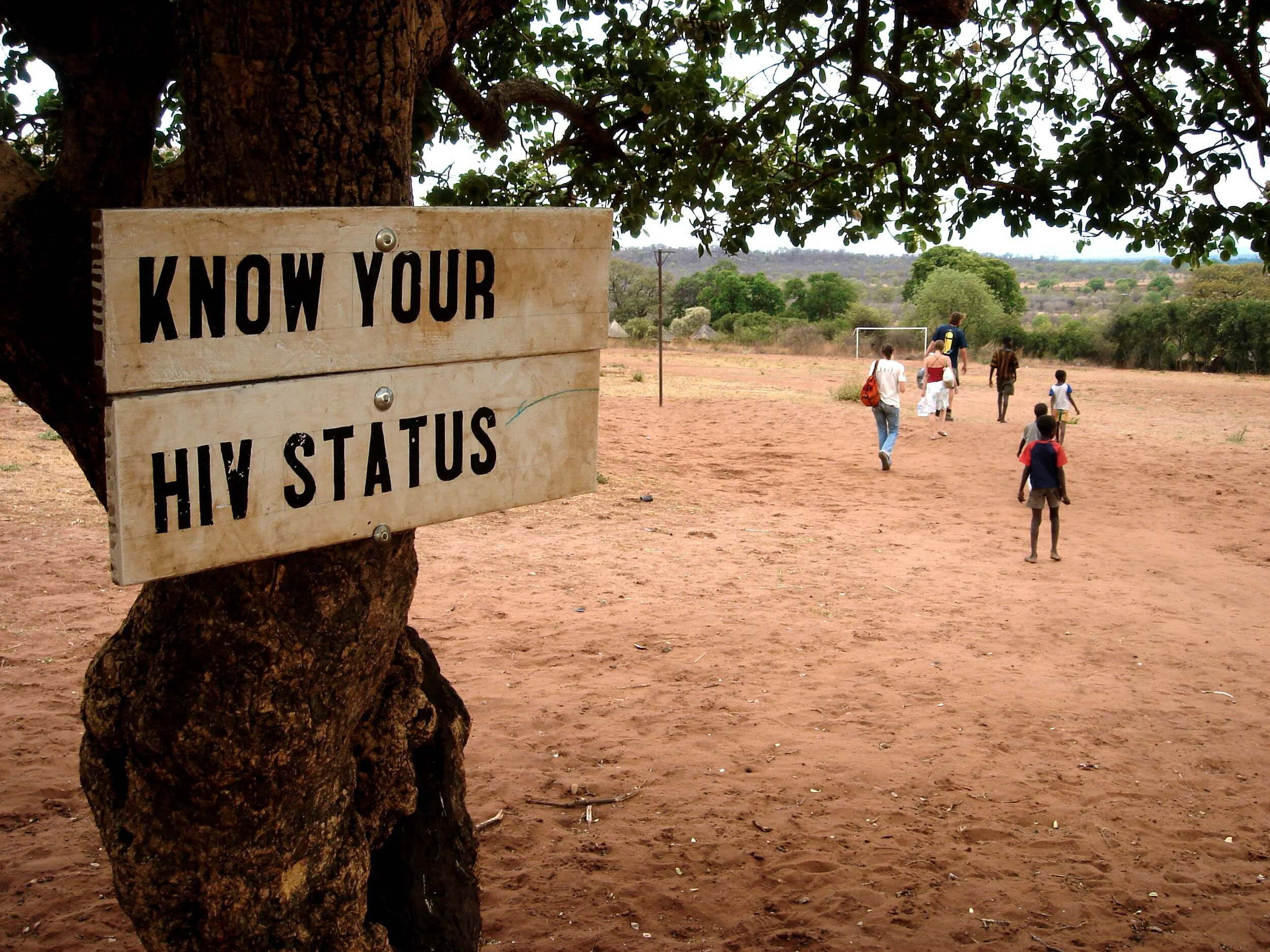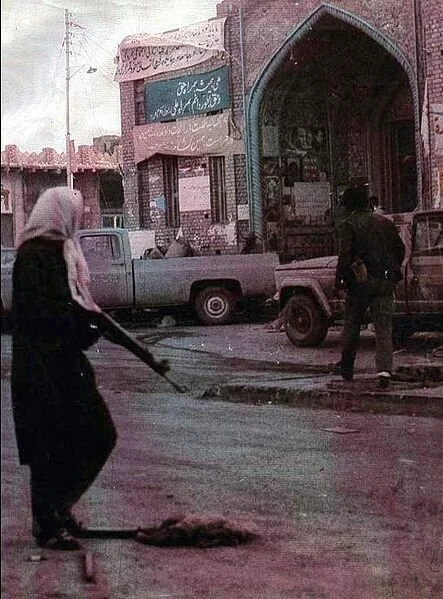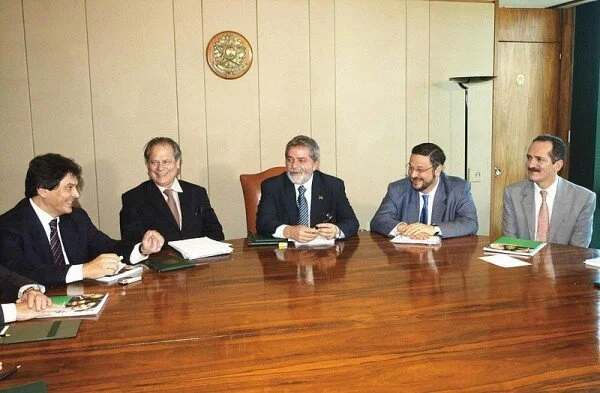U.S. Foreign Aid and the African AIDS Epidemic
By Nicoli Nattrass
U.S. commitment to fight- ing AIDS in Africa has traditionally been, and still is, buoyed by bi-partisan support. This support has remained strong post-2007. Even so, the view is widespread that African country governments ought to take greater ownership of combating the problem and reducing aid dependency in managing it.
Read More
The Next America Meets the Next China
By Stephen S. Roach
The United States needs to wean itself from excess consumption and subpar saving, while China needs to do the opposite—greater emphasis on private consumption and the absorption of surplus saving. These transformations are daunting but provide major opportunities for both nations.
Read More
Non-State-Led Strategic Surprise and U.S. Foreign Policy: A New Variant of an Old Problem
By John-Michael Arnold
The phenomenon of strategic surprise—a category of unexpected events so consequential that they call into question the premises of existing strategy—has posed a recurring challenge to U.S. foreign policy. Although there is a voluminous literature on the subject, most scholars have focused on surprises unleashed as a deliberate strategy of states in their effort to seize the advantage against adversaries.
Read More
The Economics of “Mass Massage Mobilization”
An Interview with Economics Journalist Paul Solman on the US economy, income inequality and wealth inequality, and predicting major international political or economic decisions.
Read More
Fragile States and Post-2015 Development: The Need for Resilience Architecture in the Face of MDG Failure
By Jonathan Papoulidis
Fragile states constitute a global development crisis. Government capacity and public institutions in these states are weak and international aid approaches are often fragmented and piecemeal.
Read More
A License to Publish: Burma’s Insurance against a Free Press
By Rob Cuthbert
The licensing system is not only a formidable check on a free press in Burma, it is another example of Burmese interiors and exteriors contradicting each other. As Burma gives journalists more freedom, the license requirement ensures that the Burmese Government retains ultimate control over the press.
Read More
Secular Autocracy vs. Sectarian Democracy? The Christian Predicament in the Syrian Uprising
By Salma Mousa
With the specter of post-Spring Islamist rule looming, Christians in Syria were forced to choose between secular autocracy and sectarian democracy, a decision informed by the perception – and lived reality – that the status quo under al-Assad, though democratically deficient, put a (temporary) lid on civil hostilities and afforded Christian minorities with extensive secular protections and, in many cases, prosperity.
Read More
Protesting the Assad regime: An Interview with Syrian writer, journalist, activist Samar Yazbek
An Interview with Syrian writer, journalist, activist Samar Yazbek on the growing influence of jihadists in Syria.
Read More
Iran and the Hazards of Rigid Foreign Policy
By Kailash Prasad
A settlement on Iran's nuclear program seems more possible now, but a rigid US stance toward Tehran could be biggest obstacle.
Read More
Completing Democracy: Women’s Rights in Tunisia, Egypt, and Libya
By Lucas Bento
Though it seemed that women in countries that played key roles in the Arab Awakening were destined for full emancipation, a number of developments are now undermining prospects for gender equality. But the foundations for change exist, and with the timely implementation of policies and ground-level programs focusing on economic empowerment, education and equality, the rights of women can be significantly improved.
Read More
In the Name of Defense: How the Costs of Assisting the U.S. Arms Industry Outweigh the Benefits
By Michael V. Palinkas
Following the end of the Cold War, the defense budget in the United States began to shrink. In response, domestic arms manufacturers in the U.S. increased their focus on political lobbying. This lobbying worked to gain favorable subsidies for research and development, improve access to foreign markets, and open lucrative secondary markets.
Read More
Why fast-forwarding democracy in the Arab World does not work: Lessons from Algeria
By Rosa Belkadi
An increasing number of religious political parties are gaining power in the Arab world as a result of the social, political, and electoral opportunities created by the “Arab Spring.” Will democracy, which was once seen as the ultimate solution to all trouble in the Middle East and North Africa, bring about the undesirable result of theocratic rule, undermining the very democracy the Arab Spring sought to create?
Read More
Brazil’s Trial of the Century
By Lucas Bento
Lawyer Lucas Bento on Brazil's Trial of the Century: "Jose Dirceu, Chief of Staff to former Brazilian President Lula Inacio da Silva, is accused, along with another thirty-six top former government officials, lawmakers, and business executives of organizing a major vote-rigging scheme...the Mensalão" in light of Brazil's constant corruption struggle.”
Read More
Falklands – Assessing Military Preparedness
By Dr. Inna Mattei and Gilles Van Nederveen
With the passing of the 30th anniversary of the Falklands War between the United Kingdom and Argentina this year, and the recent flaring up of tensions between the two nations over the status of the Falkland Islands, an examination of the current force structure in the South Pacific is needed to realistically assess military contingencies.
Read More
Beyond a World at Seven Billion: The Naïveté of Large Numbers
By Michele Acuto
International theorists and commentators nowadays are quite accustomed to, as Charles Tilly put it in a landmark text for political science, “big structures, large processes, huge comparisons.”1 Yet attention to the inherent complexity of these large phenomena is often lacking in this “big picture” mentality.
Read More
China’s Foreign Policy Research Institutes: Influence on Decision-Making and the 5th Generation Communist Party Leadership
By Michael Morrison
As the Chinese Communist Party prepares for a major leadership transition, China’s foreign policy think tanks are poised to contribute to the conceptualization and propagation of major foreign policy initiatives. This article examines the degree to which Party and State leaders look to think tanks for analysis, and how think tanks can be used as a window into Chinese decision-making.
Read More
Theory and Policy in International Relations: Some Personal Reflections by Stephen M. Walt
By Stephen M. Walt
Most social scientists would like to think that their work helps solve important problems. For scholars of international relations, there is certainly no shortage of issues to address: ethnic and religious conflict, managing a fragile world economy, global terrorism, climate change, the spread of weapons of mass destruction, the Euro crisis, etc.—the list is endless.
Read More
China as Peacekeeper: An Updated Perspective on Humanitarian Intervention
By Bernard Yudkin Geoxavier
China will likely take a conservative and self-interested approach toward the UN Security Council and future humanitarian interventions, and will thus address international and regional crises through a pragmatic case-by-case strategy. Yet within this case-by-case strategy, while China’s actions may vary, its rationale does not.
Read More
The Mouse that Keeps Roaring: The United States, China, and Solving the North Korean Challenge
By Paul Carroll
North Korea poses serious international security risks that have increased since it demonstrated a nuclear weapons capacity in 2006. Nations like China and South Korea have clear interests and vulnerabilities vis-à-vis North Korea, as does the United States; these relationships are based on historical and geopolitical factors that will endure.
Read More




















